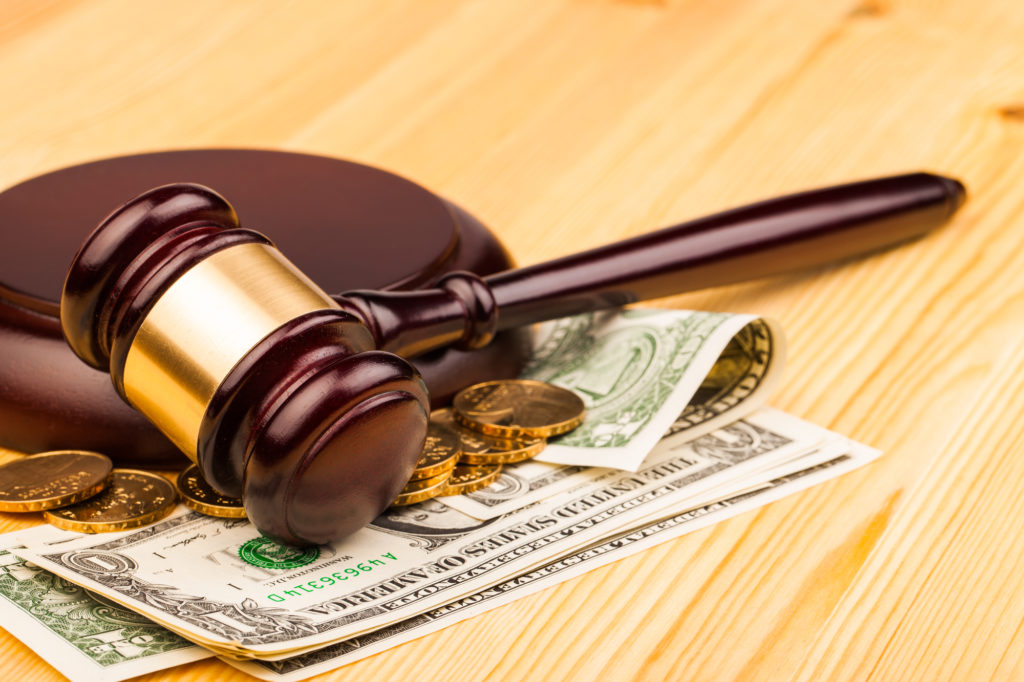Bankruptcy Lawyer
If you are struggling with debt and are trying to figure out how you can get out, you may be looking into a few options. Two of the top options that many people consider are bankruptcy and debt consolidation. If you are just reading about these options, it is easy to prefer going the debt consolidation route. After all, it may not impact your credit the same way that bankruptcy will and it may relieve you of saying that you filed for bankruptcy. For some, this can be a serious blow to their ego. That said, it is important to do what is best for you and your family to ensure you are able to start fresh and move forward in a better financial state. So, how do you know if bankruptcy or debt consolidation is best for you?
Understanding the Difference
First, it is important to understand the difference between bankruptcy and debt consolidation. Bankruptcy was created to protect individuals and businesses that are losing their battle with debt. When you go through the bankruptcy process, you can see all or most of your debt wiped out, whether you do so through the liquidation process or you restructure your debt and pay it off within 3-5 years. With bankruptcy, you will still owe certain types of debt, such as student loans or child support payments.
With debt consolidation, you work to combine certain high-cost loans together so that you can pay off one debt (instead of multiple debts) with an affordable interest rate. This can cut down a great deal of what you would be spending in interest versus what you would be spending toward the principal and makes it significantly easier to manage your payments. A lawyer, like a bankruptcy lawyer from a law firm like Pioletti Pioletti & Nichols knows that it is not always easy to determine which route you should go.
How do these options affect your credit?
When you are trying to determine whether you should pursue bankruptcy or debt consolidation, you may be wondering how each will impact your credit.
- Bankruptcy. Filing for bankruptcy will have a severe and detrimental impact on your credit. This does not mean you should not pursue it if it is your only or best option. Bankruptcy will have a negative impact on your credit score for a few years following the time that you file but you will have the opportunity to rebuild your credit and start fresh.
- Debt consolidation. Debt consolidation can work in your favor or it can negatively impact your credit score. By paying off high-balance credit scores quicker with debt consolidation, you can positively impact your credit score. However, by consolidating your debt, you create a high utilization scenario on the accounts you are consolidating and this can hurt your credit.
It is important to speak with your lawyer to determine which route is best to go when you are trying to work on your credit and resolve your debt. If you are interested in learning more about bankruptcy and debt consolidation, please reach out to a trusted lawyer today.

